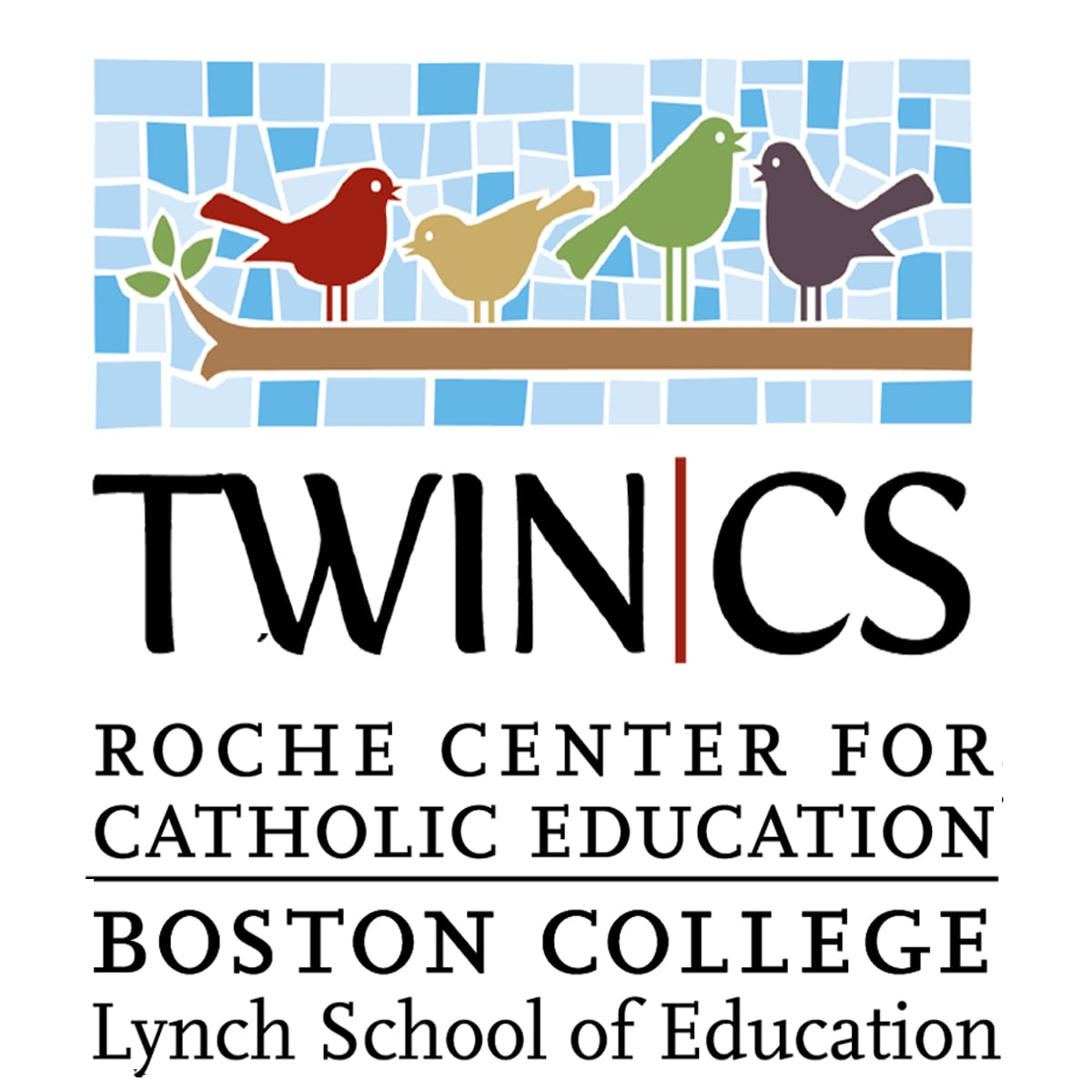In a recent article published by The Conversation, an independent and nonprofit academic resource, discusses how culturally responsive teaching has become a necessity in our increasingly globalized world. Penned by Louis Volante, of Brock University, Christopher DeLuca, of Queen’s University, and Don A. Klinger, of University of Waikato, this article considers on teacher recruitment, assessment, and the state of multilingual education in the United States.
According to the article, international migration patterns have “significantly changed the cultural make-up of many industrialized societies,” and by extension have affected school-aged populations. Because school-age children are being affected by increased globalization, there is research interest in students’ multilingual proficiency. Per the article, researchers have documented “lower educational outcomes such as student achievement and graduation rates for immigrant students in the majority of countries around the world.”
To mitigate those effects, attention is being placed on culturally responsive teaching (CRT). CRT is “concerned with teaching methods and practices that recognize the importance of including students’ cultural backgrounds in all aspects of learning.”
With respect to teacher recruitment, the authors of the article first ask us to recognize that there is much greater diversity in students than there is in teachers. Because of this discrepancy, students “do not always encounter educator role models who reflect diverse cultural backgrounds throughout their schooling.” As such, a call for “a more representative demographic of teachers,” is one feature of encouraging CRT in your school. This can be accomplished through targeted teacher recruitment or enrollment targets.
In the meantime, professional development for established teachers can be beneficial. The article advocates for teaching beyond traditional multicultural curricula and “highlight additions;” instead, teachers should aim for “a multi-dimensional approach that includes integrating content from diverse cultures and experiences, and critically examining how cultural identity impacts learning.”
In terms of assessment, the authors of this article suggest that the way educators approach assessment must fundamentally change. Specifically, educators should look at assessment as the beginning of teaching rather than as solely “as a measure of students’ final learning.” Furthermore, educators should aim for assessment literacy, or the ability to read one’s class “to develop fair, relevant and supportive assessment.” CRT can bring educators closer to holistically understanding and assessing students.
To read more about this subject, please find the original article here.

